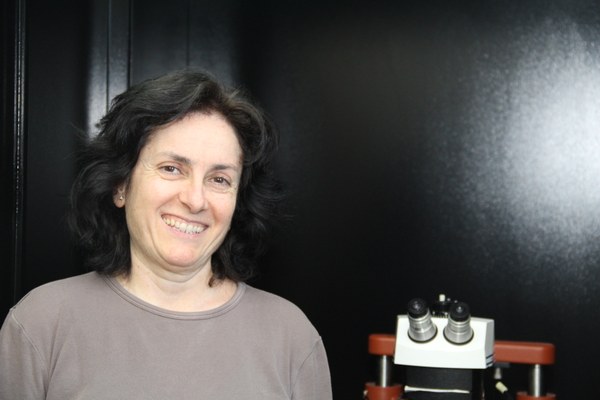About
Quality in Electronics (QinE) is a research group integrated in the Electronic Engineering deparment (EEL) of the Universitat Politècnica de Catalunya (UPC-BarcelonaTech)
QinE presentation
 |
|
The Quality in Electronics research group (QinE) is integrated in the research structure of the UPC, and its members develop their academic activities in the Electronic Engineering department. Since the foundation of the group the research has been focussed on low power design, test, verification and diagnosis. More recently, in 2011, the research has been extended to the security in hardware structures.
Mission

Research - Advanced Topics
The research topics of the focus on advancing in new design methodologies for electronic circuits and systems and increase their quality and security by assuring their correct functionality and their robustness against failures coming from both the nature or on purpose attacks.
The objectives of the research are centered in three domains:
- Improvement of the design techniques for low power circuits and systems in nanometric CMOS technologies.
- innovation of methods for testing, self-test and for signal integrity analysis of analog, digital and mixed-signal circuits.
- Strengthening the security of the hardware structures against attacks. Attacks may come from hackers that merely try to extract compromised information from internal signals to adversaries that apply reverse engineering techniques to analyse the structure and modify the behaviour of the system.
Research - Consultancy
The scientific backgroung of the group is offered for consultancy activities of different kind. Members have participated in:
- Competitive project selection committees.
- Conferences and journals referee boards.
- Assessment in preparation of new project proposals.
Research - Promotion
Inside the scientific community, the group collaborate to promote the interest for the research done in our country with the following activities:
- Participating in scientific networks.
- Organizing workshops and conferences.
- Organizing local and foreign seminars in the scientific topics of the group.
Society - Education
The research activity is not only supported by the members of the group but also by PhD students. The group have positions for education and supervision of the PhD, not only for national but for international students.
The members of the group are also lecturers in Bachelor and Master Engineering degrees, in which they define programs, coordinate subjects and offer theoretical and laboratory contents. They also promote the research topics of the group between students by proposing and supervising topics for BE and ME final projects.
More openly they participate in public media and social networks to bring scientific topics closer to people.
Society - Industry
The group collaborate with industry by signing collaboration agreements of different types:
- Developing or improving new products.
- Assessing in specialized topics.
- Helping to attrack funds for innovation.
Society - Services
The installations and equipment of the group is also offered to other research groups (internal and external) or industrial partners for the development of specific testings and experiments.
Resources and Funding

Resources
The research lead in the group has a big experimental component, and thus it requires of specialized workbenchs and equipment. The small to medium size setups and equipment are available in our own laboratories in which most of the activity is carried out. More ocasionaly, high performance equipment is needed, like electronic microscopy, FIB edition or laser guns in which case it is rented for hours to other laboratories, mostly in the same university or, if it is necessary, to external research centers. In some cases, industry equipment has been used through the signature of a collaboration agreement.
Funding
The financing of the activies mostly come from public funds, national and international competitive projects. Depending on the case, our group participate in this projects as partners or alone. In a minor proportion, fundings come from the collaboration agreements signed with industry. Finally, the group generates own resources too, coming from different activities like: seminars, copyrights, etc.

Share: